I found my way to this question and thought I'd offer up an example with a little context.
A classic use-case for using a Deque might be rotating/shifting elements in a collection because (as others have mentioned), you get very good (O(1)) complexity for push/pop operations on both ends because these operations are just moving references around as opposed to a list which has to physically move objects around in memory.
So here are 2 very similar-looking implementations of a rotate-left function:
def rotate_with_list(items, n):
l = list(items)
for _ in range(n):
l.append(l.pop(0))
return l
from collections import deque
def rotate_with_deque(items, n):
d = deque(items)
for _ in range(n):
d.append(d.popleft())
return d
Note: This is such a common use of a deque that the deque has a built-in rotate method, but I'm doing it manually here for the sake of visual comparison.
Now let's %timeit.
In [1]: def rotate_with_list(items, n):
...: l = list(items)
...: for _ in range(n):
...: l.append(l.pop(0))
...: return l
...:
...: from collections import deque
...: def rotate_with_deque(items, n):
...: d = deque(items)
...: for _ in range(n):
...: d.append(d.popleft())
...: return d
...:
In [2]: items = range(100000)
In [3]: %timeit rotate_with_list(items, 800)
100 loops, best of 3: 17.8 ms per loop
In [4]: %timeit rotate_with_deque(items, 800)
The slowest run took 5.89 times longer than the fastest. This could mean that an intermediate result is being cached.
1000 loops, best of 3: 527 µs per loop
In [5]: %timeit rotate_with_list(items, 8000)
10 loops, best of 3: 174 ms per loop
In [6]: %timeit rotate_with_deque(items, 8000)
The slowest run took 8.99 times longer than the fastest. This could mean that an intermediate result is being cached.
1000 loops, best of 3: 1.1 ms per loop
In [7]: more_items = range(10000000)
In [8]: %timeit rotate_with_list(more_items, 800)
1 loop, best of 3: 4.59 s per loop
In [9]: %timeit rotate_with_deque(more_items, 800)
10 loops, best of 3: 109 ms per loop
Pretty interesting how both data structures expose an eerily similar interface but have drastically different performance :)
